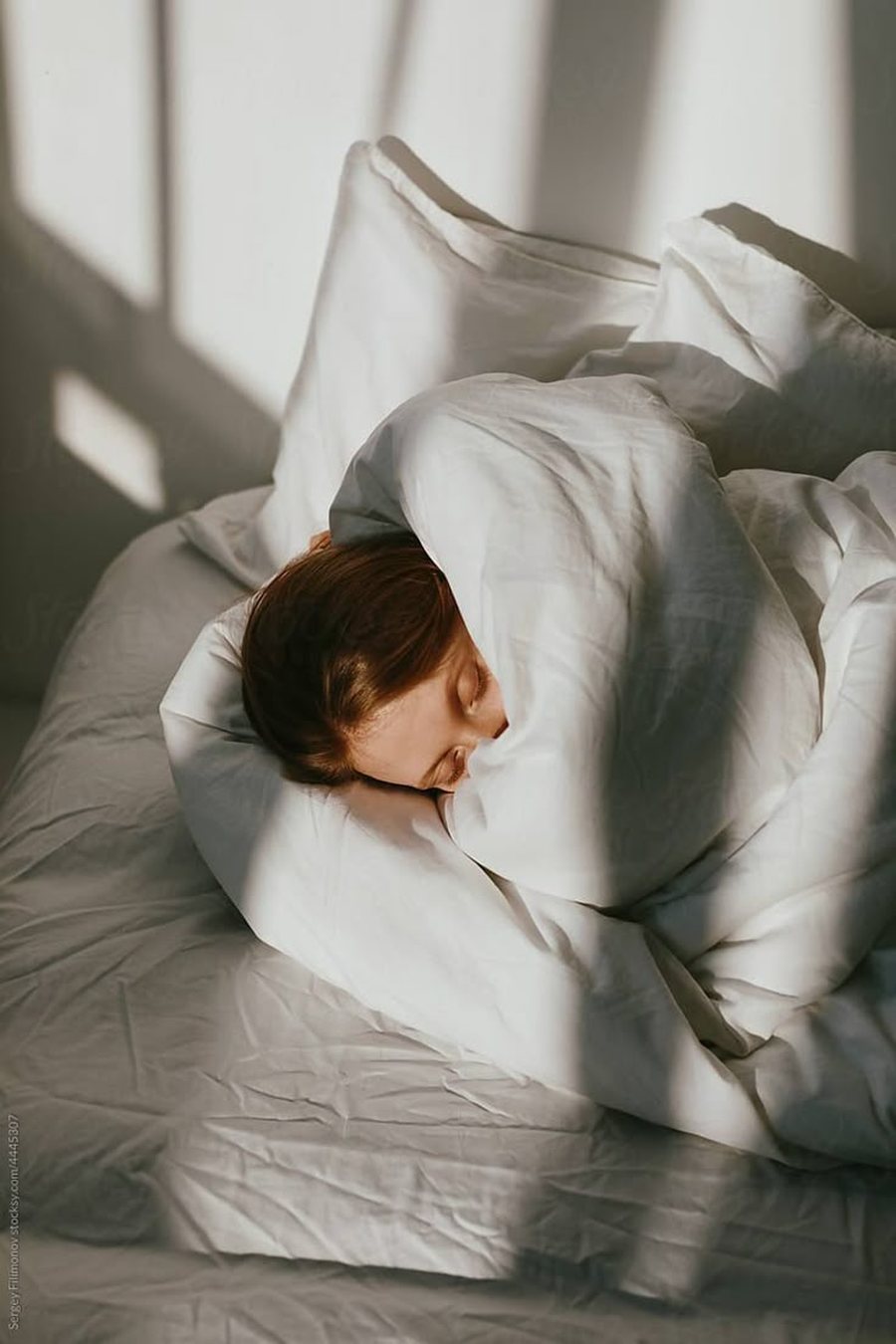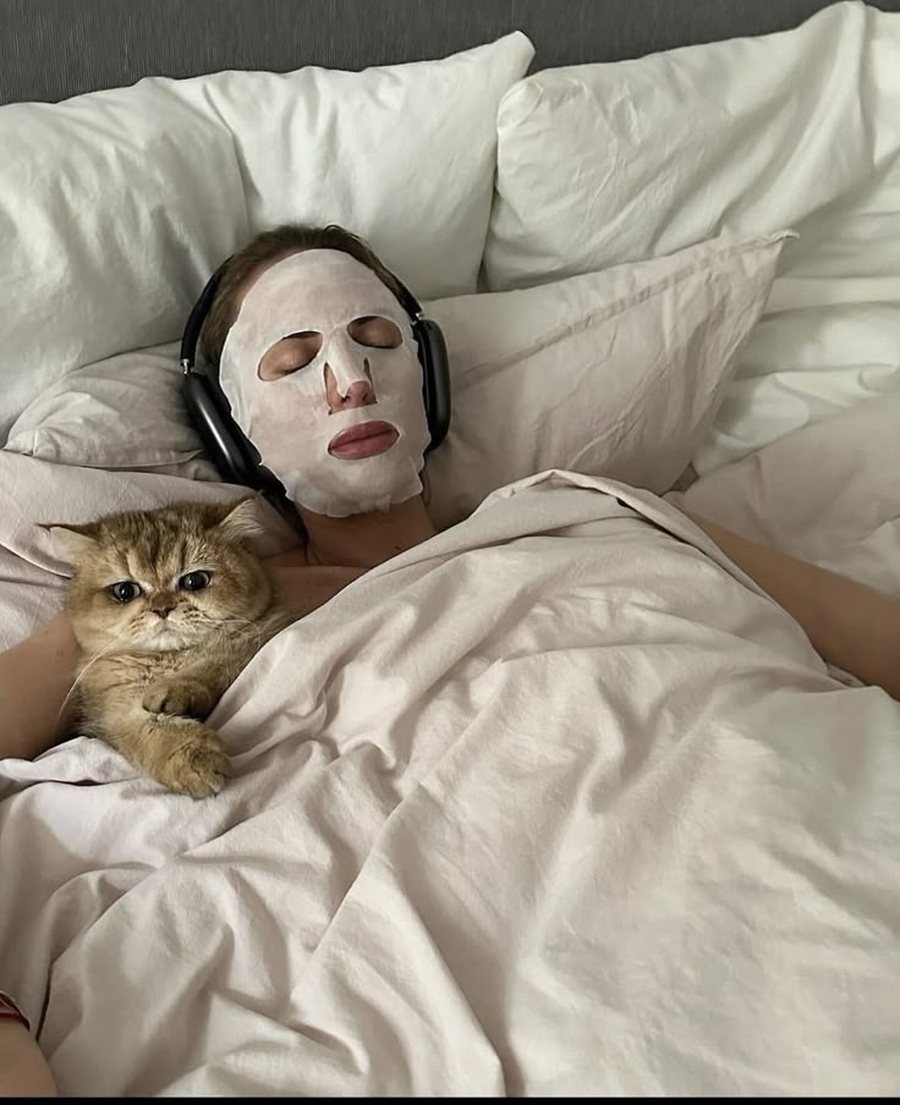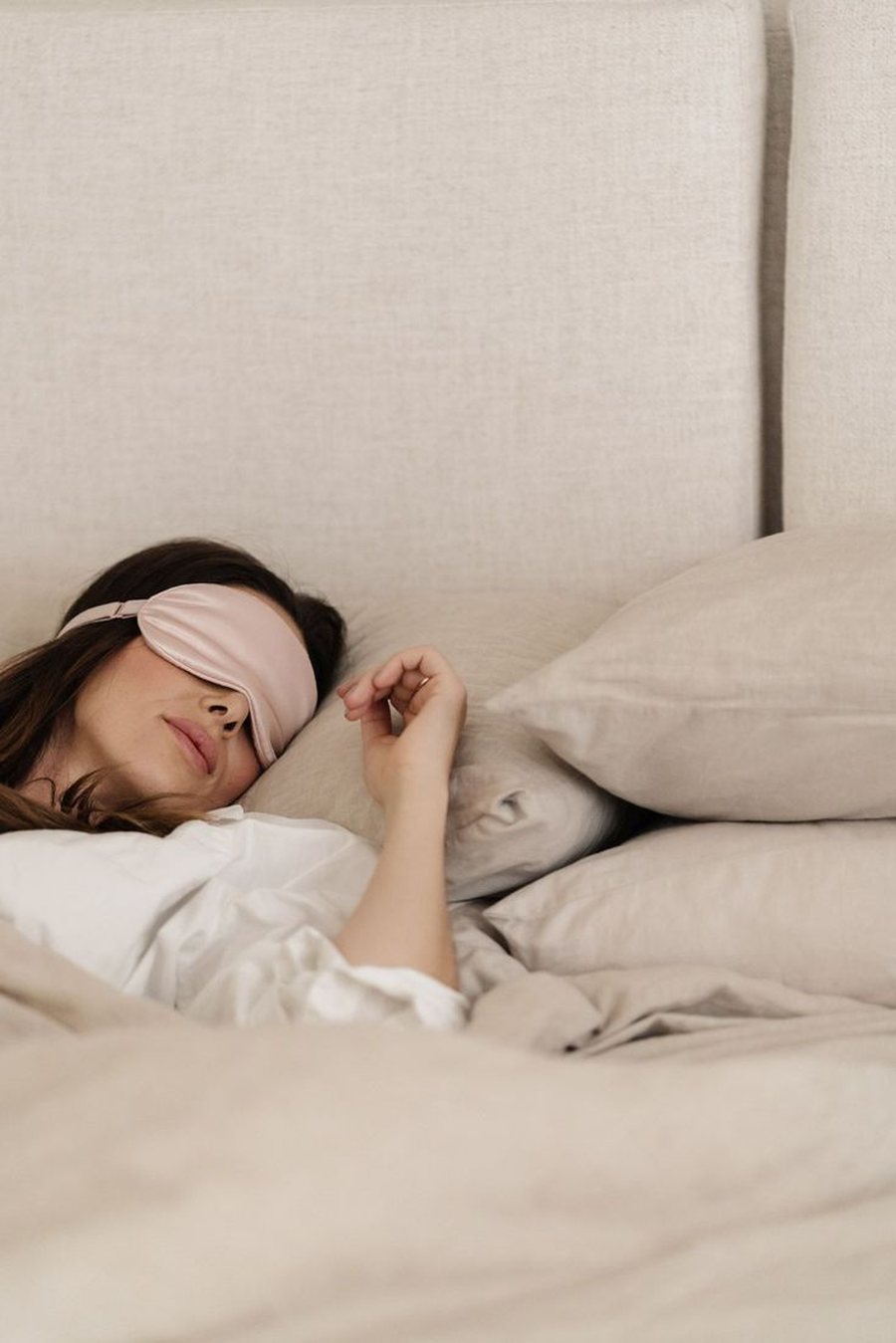
The difficulties many people face in falling asleep are quite common. Research suggests that an estimated 50 to 70 million people have difficulty sleeping at night.
When we struggle to sleep well for years, our health and well-being are greatly affected. Insufficient sleep affects every aspect of life, from weakened immunity to depression and anxiety.
Kelly Murray, a certified sleep consultant for children and adults, suggests five tips that can help you sleep better.
Limit or avoid alcohol before bed.

Alcohol acts as a depressant to some extent, but while it may help you fall asleep, it doesn't mean it will help you have a restful or uninterrupted sleep. Research shows that alcohol can suppress REM sleep during the first two sleep cycles. This means that even if you sleep uninterrupted at night, you may wake up feeling very tired.
Create your own bedtime ritual
As strange as it may sound, you should do it if you want to sleep well. The expert even recommends creating a multi-step process in your bedtime routine, which can include a relaxing bath, some meditation, reading, and any other activity that relaxes you.
However, whatever tactic you choose, make sure that mobile phones and screens are not part of it.
Focus on the room environment

Make your bedroom fresh and comfortable. After you've completed your bedtime ritual, try to relax. Having a space dedicated just to sleep will signal your brain and body that it's time to "wind down" and relax.
Don't look at the clock.

Not on your phone or your watch. While it may be tempting to look at the clock and start thinking, "If I fall asleep in an hour, I'll sleep for 6 hours," the expert doesn't recommend that. In fact, she says, such a tactic will not only not help you, but will actually make you more stressed.
Stick to a bedtime routine.
This is perhaps the most hated piece of sleep advice: you should go to bed and wake up at the same time every night. Yes, even on weekends. Sticking to a strict sleep schedule reinforces your circadian rhythm, or the way your body rests, wakes, and functions on a 24-hour cycle. Over time, by sticking to this schedule, you'll teach your body that it should be sleepy around, say, 10 p.m. and should wake up around 7:30 a.m.





